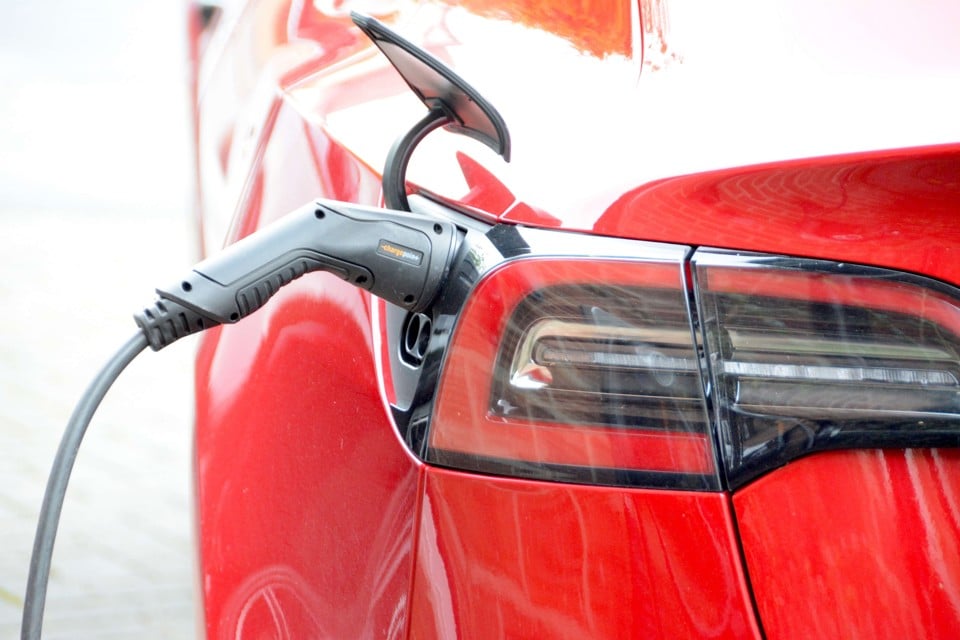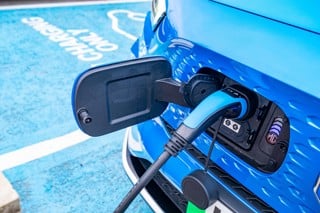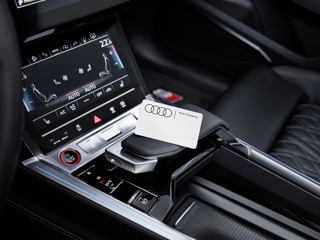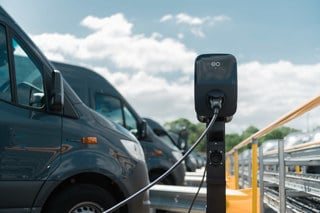More than two fifths (44%) of UK homes are unsuitable for charging an electric vehicle (EV) due to the lack of off-road parking, research from Lloyds Bank suggests.
It found just 56% of British homes can currently support electric charging points, which it says excludes many from making the change to an EV.
While the Government has recently brought in new laws for housebuilders - which require them to ensure any new-build homes, workplaces and supermarkets have a charge point installed – the data suggests many people will remain unable to charge an EV at their place of residence.
However, the charging infrastructure in the UK is improving, with the latest data showing there are more than 36,000 charging points across 21,000 in the UK.
Nick Williams, transport director at Lloyds Bank, said: “The growth we have seen in electric vehicle registrations is encouraging but, with many in the UK living in properties where installing a home charging port isn’t a viable option, having a reliable charging infrastructure is absolutely vital for the UK’s transition to net zero.
“The Government has made positive steps by ensuring new build homes are fully equipped to have charging facilities, but many will have to continue to rely on charging an electric vehicle somewhere other than at home.
“This means there remains a need for focused investment in public charging points in residential, and particularly rural, areas.
“We’ll only make real progress in becoming a nation of sustainable drivers if we don’t leave anyone behind – no matter where they live in the country or their home set-up.”
There are significant regional variations in views on charging infrastructure.
While the large proportion of people living in flats in London remains a charging challenge, residents of the capital tend to believe that charging coverage is sufficient (54%).
In comparison, only a fifth (22%) of those living in the Midlands agree this is the case. Nationally, fewer than a third (30%) of people have a positive view on the availability of charging points.
The cost-of-living crisis is impacting many people’s driving decisions. Just under half (48%) of Brits are now driving less because of fuel costs, with three in 10 (30%) saying they have been forced to postpone buying their next vehicle, by an average of two years.
For EVs, this could mean future adoption may slow, suggests Lloyds Bank, as a fifth (18%) say they are now less likely to buy one, due to cost-of-living challenges.























Login to comment
Comments
No comments have been made yet.